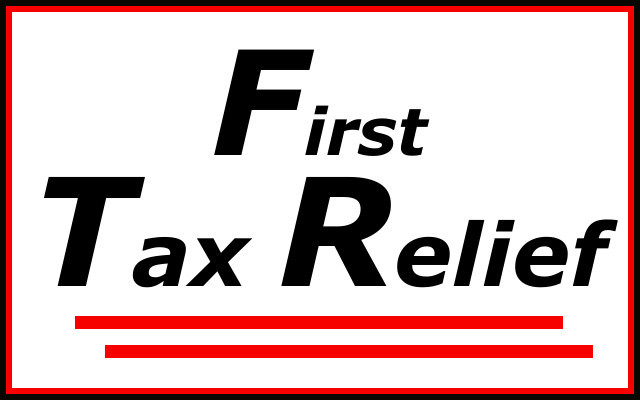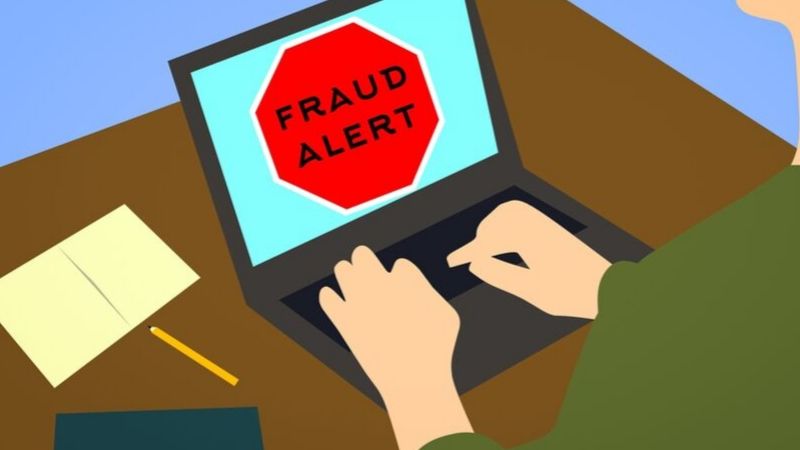You probably already know this.
If you’ve ever faced the pain of climbing out of the hole of an IRS debt, then you also realize that you get on all of the databases for debt consolidation and an abundance of over-aggressive marketing companies who want to take advantage of your pain.
Unlike them, we don’t prey on our clients.
But speaking of predators …
The other hidden pain when you’re facing an IRS debt is that you also can turn up on the radar of the scammers.
Here’s how to steer clear.
IRS Scammers Are Targeting Vulnerable Cleveland Taxpayers
“The worst kind of lying I’ve ever done is keeping things from people.” -Elijah Wood
With the October 15th deadline nearing (for extended personal returns), there is almost always an uptick in scammer activity, especially seeking out those who are facing debts to the IRS. Yes, criminals use databases too.
Let’s start with email…
Take note of these email subject headlines:
“Automatic Income Tax Reminder”
Or
“Electronic Tax Reminder”
If you see an email with either of those subject lines, or something even close to resembling the like, PLEASE DO NOT CLICK. These emails can contain faulty information from scammers looking for personal information so that they can access your money.
In addition to email, scammers will use fake IRS websites to install malware on your computer. To be clear, malware is “malicious software” that will give your computer viruses and potentially compromise personal info. Therefore, these IRS scams are not something to take lightly.
The last thing I want is for you to fall prey to such a scam. Here are a couple ways to combat these imposters.
Note: One bonus option is to give me a call if you have any checks in your system about an email or website. I’d be happy to look something over for you if it looks fishy. Please reach out ASAP – your safety might be on the line. And I’d love to discuss a safe, year-long tax strategy free of scammers. In the meantime . . .
Know the Law
IRS Commissioner, Chuck Rettig, recently announced, “The IRS does not send emails about your tax refund or sensitive financial information. This latest scheme is yet another reminder that tax scams are a year-round business for thieves. We urge you to be on-guard at all times.”
Rettig’s announcement reiterates that the IRS won’t send you personal emails about tax refunds. Anything in your inbox from the “IRS” should cause a flag to go up in your mind.
Make the Scam Be Known
The IRS has a (legitimate) webpage where you can report phishing.
Check it out if you ever detect suspicious online behavior. The site will walk you through the steps to report the scam.
It’s also imperative to inform those you know of these scams. Scammers have gotten pretty good at playing the chameleon – their work can be pretty convincing if you aren’t aware that the IRS doesn’t send personal emails.
With that being said, I’d love to help you, Cleveland area friends or families with a safer strategy moving forward. Online technology has helped taxation efficiency over the years, but it does have its drawbacks – scams are definitely one of them.
And if you come up against a scam, it helps to fight with someone by your side.
Warmly,
Rich Rhodes
(833) Low-Taxx
First Tax Relief






